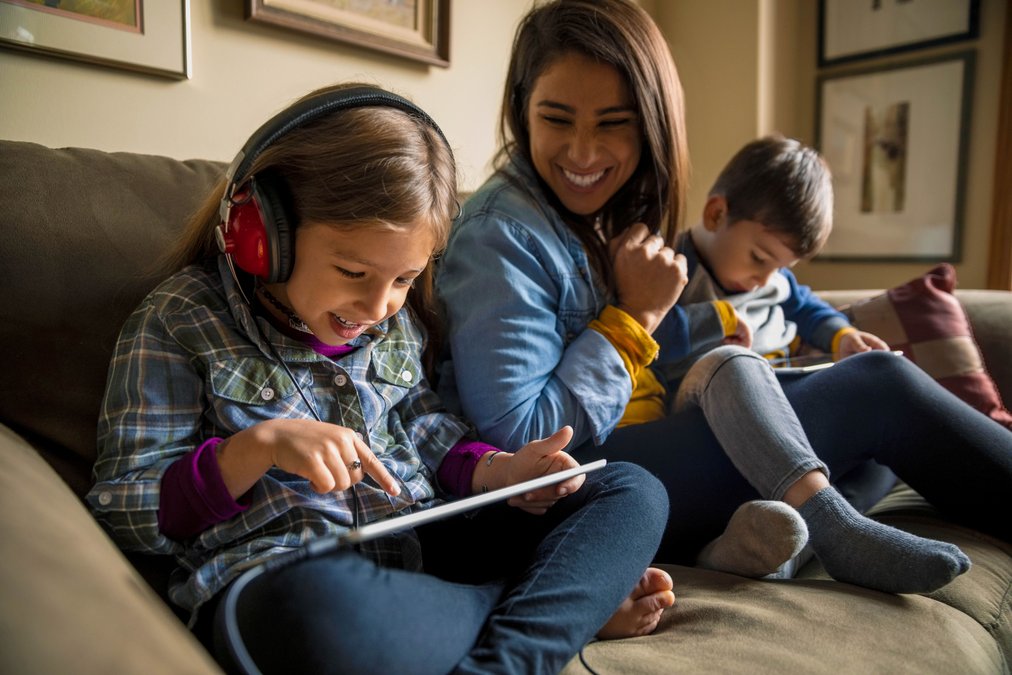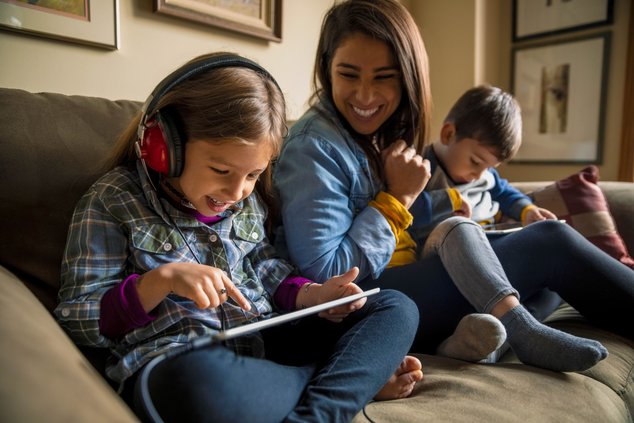Modern parenting poses unique challenges that parents from previous generations did not need to confront. Among the more challenging hurdles parents must clear involves managing kids’ screen time, which is no small task given the prevalence of devices in the modern world.
Excessive screen time can lead to a host of negative outcomes for youngsters. A 2023 study published in the journal Cureus that examined the effects of excessive screen time on children reported a host of negative outcomes affecting kids’ physical and mental health as well as their development. Authors of the study noted such outcomes include:
Diminished language development that can reduce the quantity and quality of interactions between children and caregivers;
Lower academic performance in later years;
Obesity;
Sleep disturbances;
Depression;
Anxiety.
The authors of the study noted the effects of screens are not entirely negative, particularly when parents ensure kids’ screen time is not excessive. Screens can enhance education and learning and thus have a positive impact on cognitive development. There’s much to gain from proper screen use, and parents can try the following strategies to govern kids’ screen time so they are not vulnerable to any of the negative outcomes associated with excessive screen use.
Set screen time guidelines. The American Academy of Pediatrics offers age-based guidelines concerning screen time, noting that children two and younger should be very limited in their use of media and screen time. The AAP recommends children between the ages of two and five be limited to no more than one hour per day of high-quality programs. Children between the ages of six and 10 should be limited to 1.5 hours per day, while kids older than 10 should be limited to no more than two hours per day of recreational screen time. Parents can utilize these guidelines to limit excessive screen use.
Encourage more traditional play time. The Mayo Clinic recommends parents encourage unplugged, unstructured play time. The American Psychological Association notes that a vast body of research has found that play that isn’t organized or directed by adults or older peers is necessary for kids’ physical, emotional, mental, and social development. Parents can emphasize and encourage more traditional play time that does not involve devices with screens.
Keep screens out of bedrooms. The Mayo Clinic notes the significance of keeping devices out of bedrooms, where usage can be difficult to monitor, particularly when kids go to bed at night. Parents can make it a rule to charge devices overnight and outside of bedrooms in an effort to ensure kids aren’t looking at screens after bedtime.





